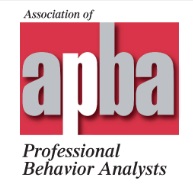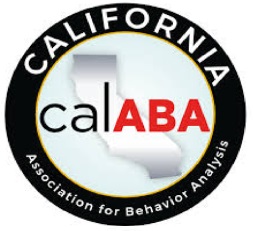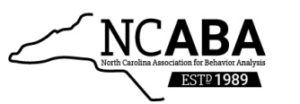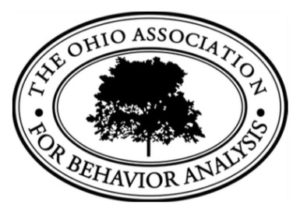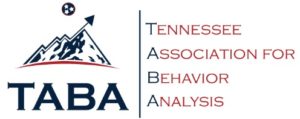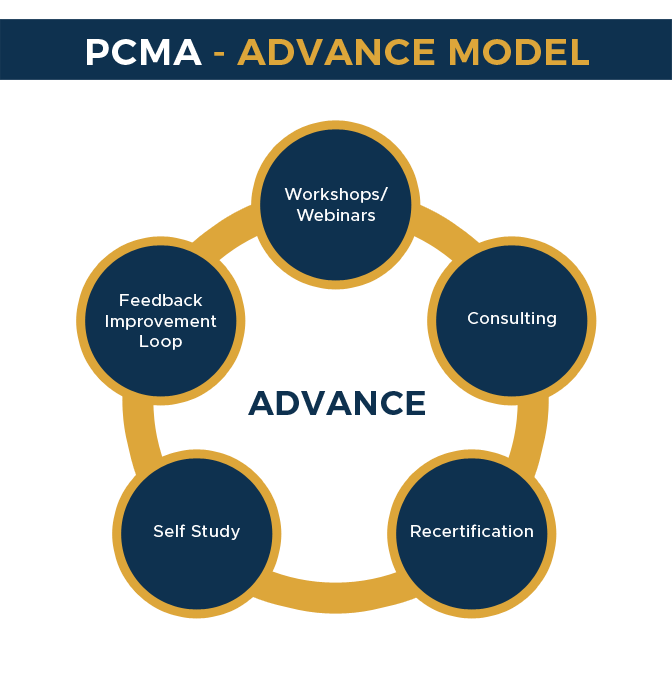
“Getting your organization to point B and becoming experts in safe and effective crisis management is like graduating with a Master's Degree from an Ivy League University. You feel like you have knowledge that many others don’t, and you also have the confidence that comes with it.”




